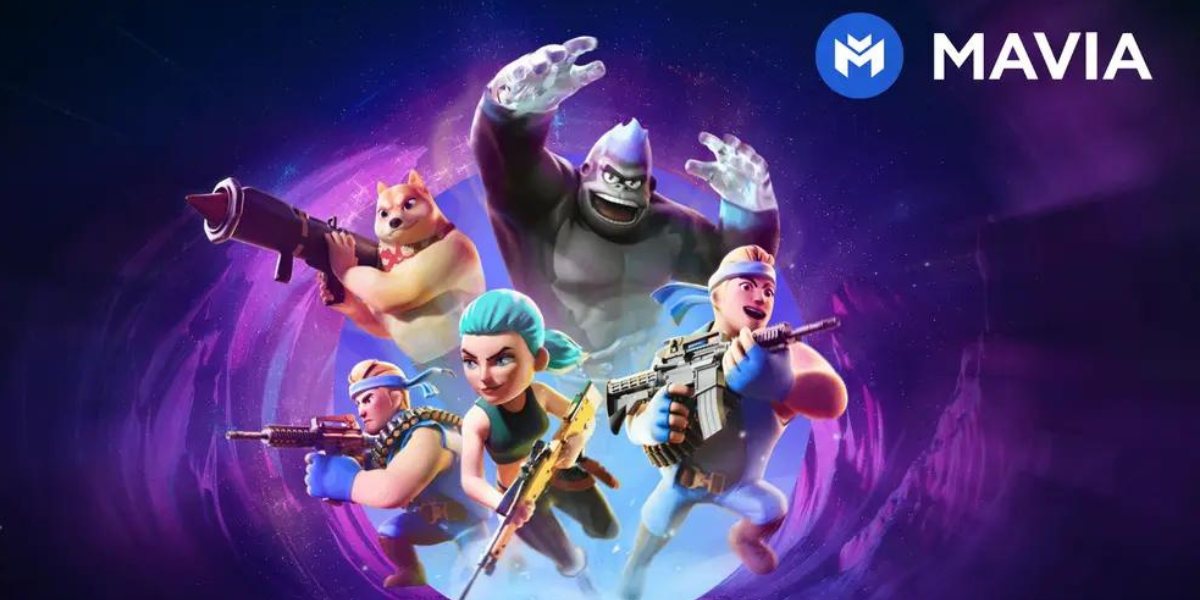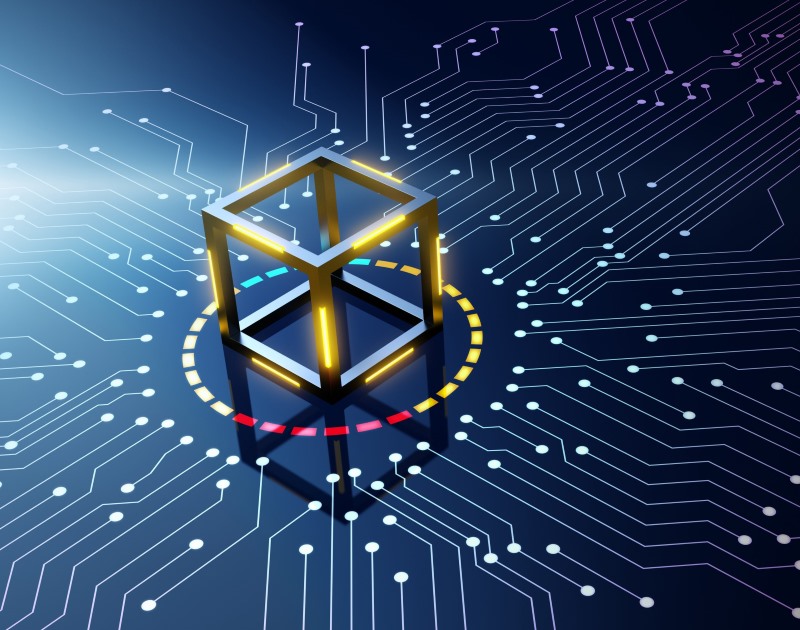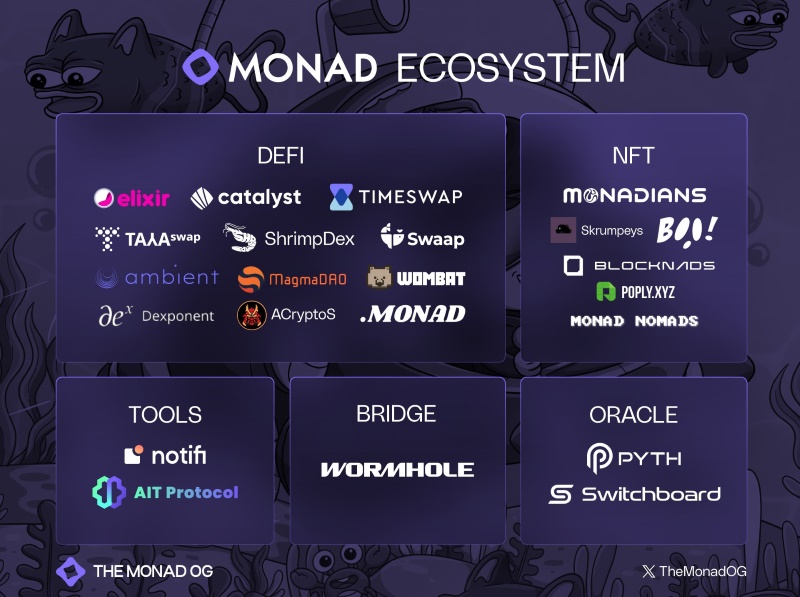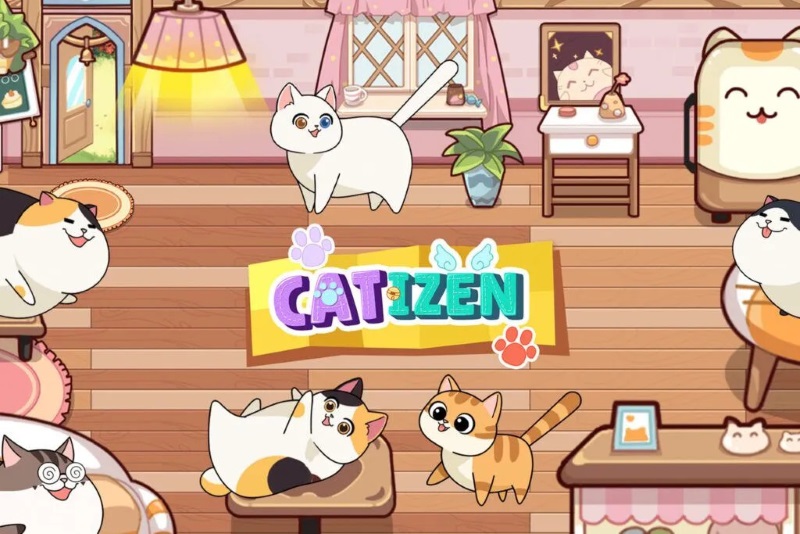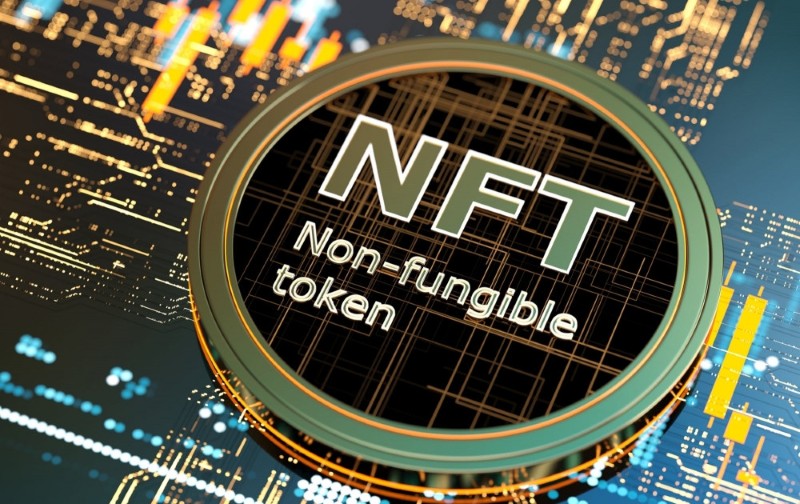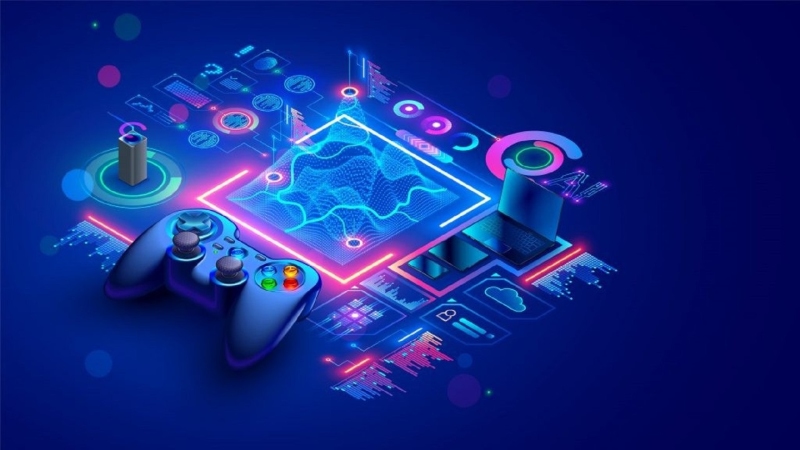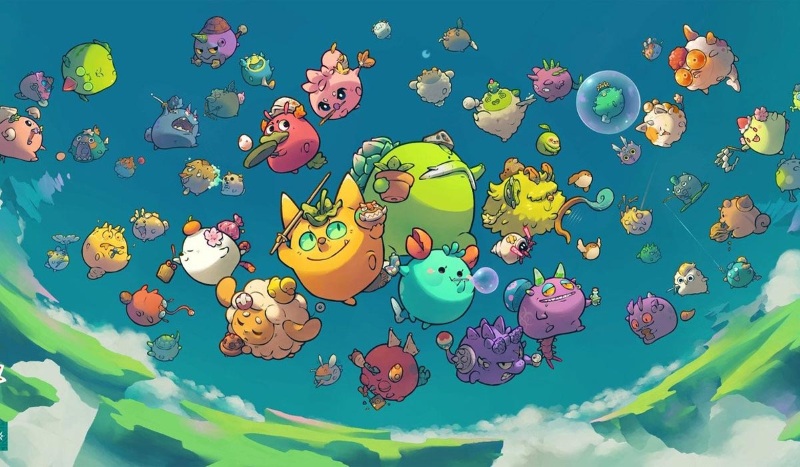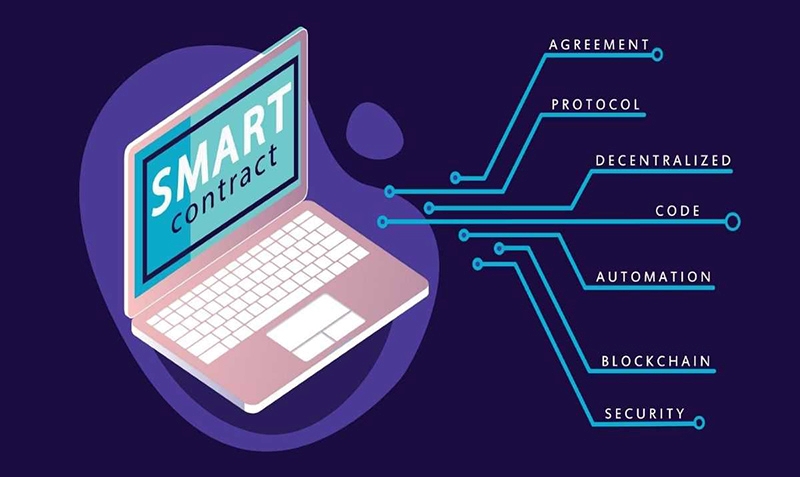How does blockchain technology work? Explore a comprehensive guide to blockchain, covering its mechanics, applications, and real-world impact.
Introduction
Blockchain technology has revolutionized industries worldwide, offering secure, transparent, and decentralized solutions for data management and transactions. But how does blockchain technology work? This guide delves into the technical foundation, applications, and benefits of blockchain while providing a simple yet expert-level explanation.
Whether you are a business professional, investor, or enthusiast, understanding blockchain is essential in today’s digital economy.
What is blockchain technology?
Blockchain is a decentralized digital ledger technology that securely records transactions across multiple computers in a network. Unlike traditional databases, blockchain uses distributed consensus mechanisms to validate transactions, ensuring security, immutability, and transparency.

Key Components of Blockchain
- Distributed Ledger: Instead of storing data on a single server, blockchain distributes transaction records across a decentralized network.
- Cryptographic Security: Transactions are encrypted using cryptographic hash functions, making data tamper-resistant.
- Consensus Mechanism: Different blockchains use consensus protocols like Proof of Work (PoW) or Proof of Stake (PoS) to validate transactions.
- Smart Contracts: Automated self-executing contracts allow decentralized applications (DApps) to function without intermediaries.
- Decentralization: No single entity has control over the blockchain, reducing the risk of fraud and manipulation.
- Immutability: Once recorded, transactions cannot be altered without modifying all subsequent blocks, making blockchain highly secure.
Types of Blockchain
Blockchain networks come in different types based on their accessibility and use cases:
- Public Blockchain: Open to anyone (e.g., Bitcoin, Ethereum).
- Private Blockchain: Restricted access, controlled by a central entity (e.g., enterprise solutions like Hyperledger Fabric).
- Consortium Blockchain: Multiple organizations govern the network collectively (e.g., banking industry blockchains).
- Hybrid Blockchain: Combines elements of both public and private blockchains for greater flexibility.
How Does Blockchain Technology Work?
How blockchain technology works on a decentralized network that follows a structured process for transaction validation and storage.
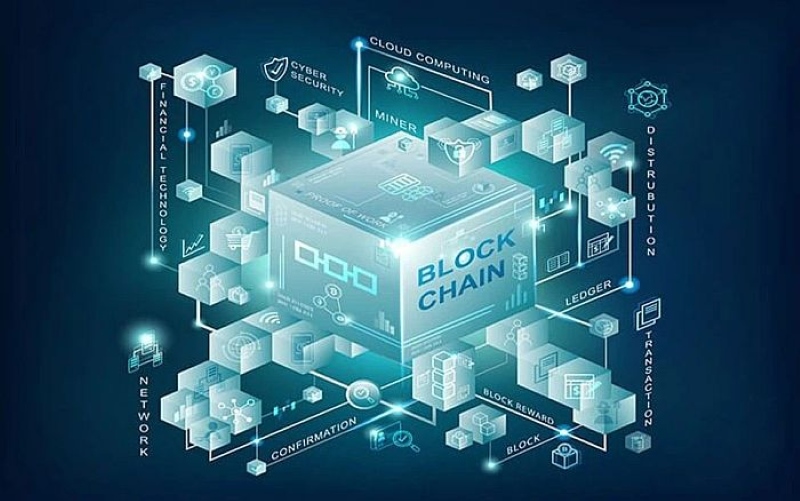
Step-by-Step Breakdown of Blockchain Functioning
Transaction Initiation
- A user requests a transaction on the blockchain.
- The transaction could involve cryptocurrency exchange, digital asset transfer, contract execution, or data storage.
Transaction Verification
- The network uses consensus algorithms to validate the transaction.
- Miners (in PoW) or validators (in PoS) confirm that the transaction is legitimate.
Block Creation
- Verified transactions are grouped into a block.
- The block contains a unique cryptographic hash, transaction details, and a reference to the previous block.
Block Validation (Consensus Mechanism)
- Different blockchain networks use varying consensus mechanisms to explain how blockchain works
- Proof of Work (PoW): Miners solve complex mathematical puzzles to add a new block (used by Bitcoin).
- Proof of Stake (PoS): Validators are chosen based on their stake in the network (used by Ethereum 2.0).
- Delegated Proof of Stake (DPoS): Token holders vote for a select number of delegates to validate transactions.
- Proof of Authority (PoA): Transactions are validated by trusted nodes (used in private blockchains).
Block Addition to the Blockchain
- Once validated, the new block is added to the blockchain.
- The network updates all copies of the ledger to reflect the latest transaction.
Security & Immutability
- Each block is linked to its previous block via a cryptographic hash, making data alteration nearly impossible.
- If any modification occurs, the entire chain becomes invalid unless re-mined (which is computationally impractical).
Advantages of Blockchain’s Work Mechanism
- Transparency: Public ledgers allow full visibility of transactions.
- Security: Cryptographic encryption ensures data integrity.
- Decentralization: No single entity has control over the system.
- Reduced Fraud: Transactions cannot be altered once confirmed.
What does blockchain technology do?
How does blockchain tech work? Blockchain has multiple use cases across various industries, transforming how businesses and individuals interact in a digital economy.
Financial Sector
- Cryptocurrencies: Bitcoin, Ethereum, and other digital currencies run on blockchain, enabling secure, decentralized financial transactions.
- Cross-border Payments: Blockchain reduces remittance fees and speeds up transactions, benefiting companies like Ripple (XRP).
- Decentralized Finance (DeFi): Smart contracts allow users to lend, borrow, and trade assets without intermediaries.
Supply Chain Management
- Transparency & Traceability: Companies can track goods from production to delivery using blockchain.
- Fraud Prevention: Eliminates counterfeit goods and ensures authenticity.
- Automated Contracts: Smart contracts streamline supplier agreements and payments.
Healthcare
- Medical Records Security: Blockchain ensures patient data remains private and tamper-proof.
- Drug Supply Chain Integrity: Prevents counterfeit drugs by tracking pharmaceuticals through the supply chain.
- Clinical Trials: Secure and verifiable data storage for medical research.
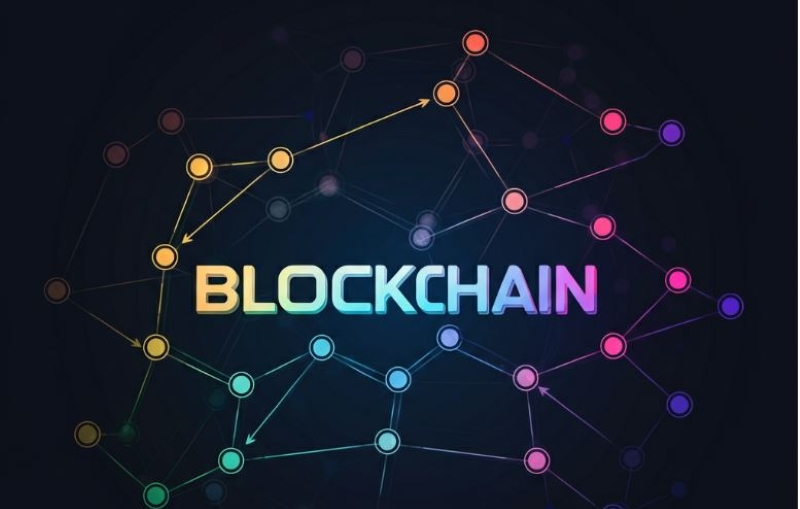
NFTs & Digital Ownership
- Non-Fungible Tokens (NFTs): Authenticate ownership of digital art, music, and virtual assets.
- Gaming Industry: Players own and trade digital assets within blockchain-based games.
- Real Estate & Intellectual Property: Blockchain enables secure, tokenized ownership and transactions.
Government & Voting Systems
- Election Security: Blockchain-based voting reduces fraud and enhances transparency.
- Identity Verification: Secure digital identities prevent identity theft and fraud.
- Public Record Keeping: Governments can store and verify documents securely.
Smart Contracts & Automation
- Legal Agreements: Smart contracts execute automatically when predefined conditions are met.
- Banking & Insurance: Automates loan approvals and claim settlements.
- Real Estate Transactions: Reduces paperwork and speeds up property transfers.
Energy & Sustainability
- Peer-to-Peer Energy Trading: Allows users to buy and sell renewable energy directly.
- Carbon Credit Tracking: Ensures transparency in emissions trading.
- Smart Grid Management: Optimizes electricity distribution.
Education & Credential Verification
- Tamper-Proof Certificates: Universities issue verifiable blockchain-based degrees.
- Decentralized Learning Platforms: Provides direct access to courses and certifications.
Internet of Things (IoT) Security
- Device Authentication: Prevents hacking of connected devices.
- Automated Operations: Smart contracts trigger machine-to-machine payments.
- Data Integrity: Ensures data collected by IoT devices remains secure.
Advantages & Challenges of Blockchain
Advantages
- Enhanced Security: Cryptographic encryption and decentralization prevent fraud and unauthorized alterations.
- Transparency: All network participants have access to immutable transaction records.
- Efficiency & Automation: Smart contracts automate processes, reducing paperwork and human intervention.
- Cost Reduction: Eliminates intermediaries in financial transactions, supply chains, and contract management.
- Data Integrity: Immutability ensures that data cannot be altered once recorded.
Challenges
- Scalability Issues: Many blockchain networks struggle to handle high transaction volumes efficiently.
- Energy Consumption: Proof of Work (PoW) blockchains require vast computational power, leading to environmental concerns.
- Regulatory Uncertainty: Different countries have inconsistent blockchain regulations, affecting adoption.
- Adoption Barriers: Businesses and governments need to invest in education and infrastructure to fully integrate blockchain.
- Interoperability: Different blockchain networks lack seamless communication and standardization.
Blockchain how it works in the Future
Mass Adoption of Decentralized Finance (DeFi)
- DeFi is expected to revolutionize financial services by eliminating banks as intermediaries.
- Lending, borrowing, and staking will become more accessible through blockchain-based smart contracts.
Government Regulations & Institutional Adoption
- Governments worldwide are developing frameworks for blockchain regulation, ensuring security and consumer protection.
- More enterprises will integrate blockchain for digital identity verification, voting systems, and transparent public records.
Evolution of Consensus Mechanisms
- The shift from energy-intensive Proof of Work (PoW) to eco-friendly Proof of Stake (PoS) will enhance scalability.
- Hybrid consensus mechanisms will emerge to improve efficiency and security.
AI & Blockchain Integration
- Artificial intelligence (AI) will leverage blockchain for data security, automation, and fraud detection.
- Smart contracts combined with AI will enable self-learning automation in various industries.
Web3, NFTs, & The Metaverse
- Blockchain will power the decentralized Web3 ecosystem, allowing users to control their digital identities. Web3 is changing gaming forever! Keep up with the most important blockchain gaming news and be part of the next-gen gaming experience.
- The Metaverse will incorporate blockchain for secure asset ownership, virtual transactions, and tokenized digital economies.
Scalability Solutions & Layer 2 Networks
- Technologies like Layer 2 scaling solutions (Lightning Network, Polygon) will improve transaction speeds and reduce fees.
- Cross-chain compatibility will enable seamless asset transfers between different blockchain networks.
Tokenization of Real-World Assets
- Blockchain will facilitate fractional ownership of real estate, stocks, and luxury assets in blockchain mobile games.
- NFTs will expand beyond digital art into supply chain verification, intellectual property rights, and gaming.
Conclusion
Blockchain technology is rapidly evolving, shaping industries such as finance, healthcare, gaming, and supply chain management. Its decentralized nature provides enhanced security, transparency, and efficiency, making it a crucial technology for the future. With the emergence of the gaming guild and other blockchain-driven innovations, industries are set to experience unprecedented transformations.
As blockchain continues to mature, businesses and individuals must stay informed and prepared to leverage its potential. Whether through investing, developing, or utilizing blockchain-based applications, staying ahead in this revolution is essential.
Want to be part of the blockchain future? Join our community, subscribe to our newsletter, or enroll in a blockchain fundamentals course today!
FAQ: Common Questions About Blockchain
1. How does blockchain technology work in simple terms?
Blockchain is a digital ledger that records transactions in blocks, links them in a chain, and distributes the data across multiple computers to ensure security and transparency.
2. Can blockchain be hacked?
Hacking a blockchain is extremely difficult due to its cryptographic security and decentralized structure. However, vulnerabilities exist in smart contracts and centralized exchanges.
3. What is the difference between Bitcoin and blockchain?
Bitcoin is a cryptocurrency that uses blockchain technology, while blockchain is the underlying technology that powers various decentralized applications.
4. How does blockchain impact businesses?
Blockchain enhances security, reduces costs, increases transparency, and streamlines operations in finance, healthcare, supply chain, and more.
5. What are some real-world applications of blockchain?
Blockchain is used in cryptocurrencies, supply chain management, healthcare data security, voting systems, and NFT authentication.
